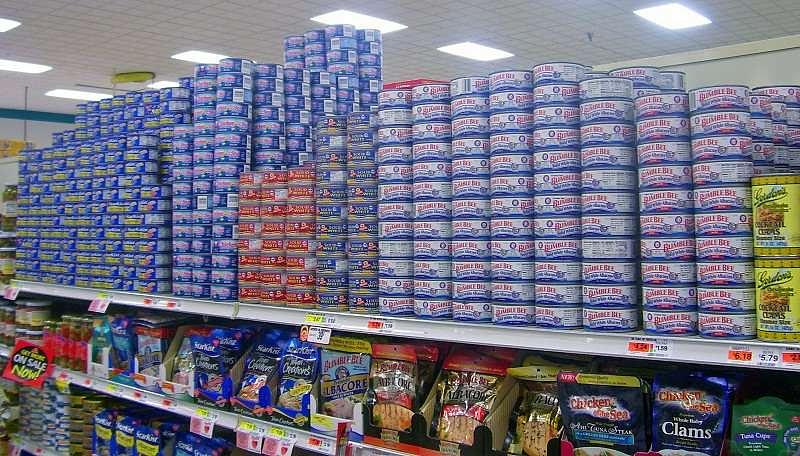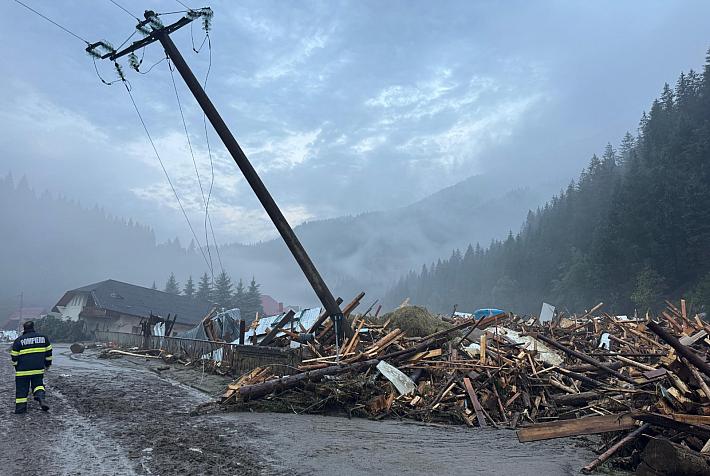Media: 2015 report warned of food quality issues in Romania

A report put together by the Romanian Agriculture Ministry in 2015 outlined several issues related to local food quality, local Profit.ro reported.
The local authorities have started to look this year into possible quality differences between foods sold in Romania and in Western Europe, after several other countries in Eastern Europe started investigating the issue.
The report showed that Romania lacked legislation to ensure the authenticity of food products or to prevent their forgery. It also labeled the problem as “severe,” according to the document presented by Profit.ro.
Meat, dairy, bread, ecological and traditional products were identified as the food categories most susceptible to forgery.
The forgery was defined as the total or partial replacement of a food ingredient or component with a cheaper one, the addition of a smaller quantity of a natural or synthetic ingredient to cover the use of an inferior quality component, or the excessive use of packaging components such as ice. It also covered the removal or intentional omission of a valuable component in a food product, false declarations or lack of them regarding the geographical or botanical origin, or the retail of spoiled or stolen food.
Some 70% of the brown bread sold in Romania is forged, the report found. It contains white flour that was later colored.
At the same time, milk inconsistent with standards caused losses of almost EUR 20 million. A quantity of 193 tons of milk, or 0.03% of the local monthly milk production, was stopped from processing or sale, and another 104 tons of dairy were kept in stocks or destroyed because of quality issues, the report found.
Honey, olive oil, wine and alcoholic drinks were also among the food categories vulnerable to forgery in Romania, the report found.
Official tests confirm double standard for food in Romania, Western Europe
editor@romania-insider.com











